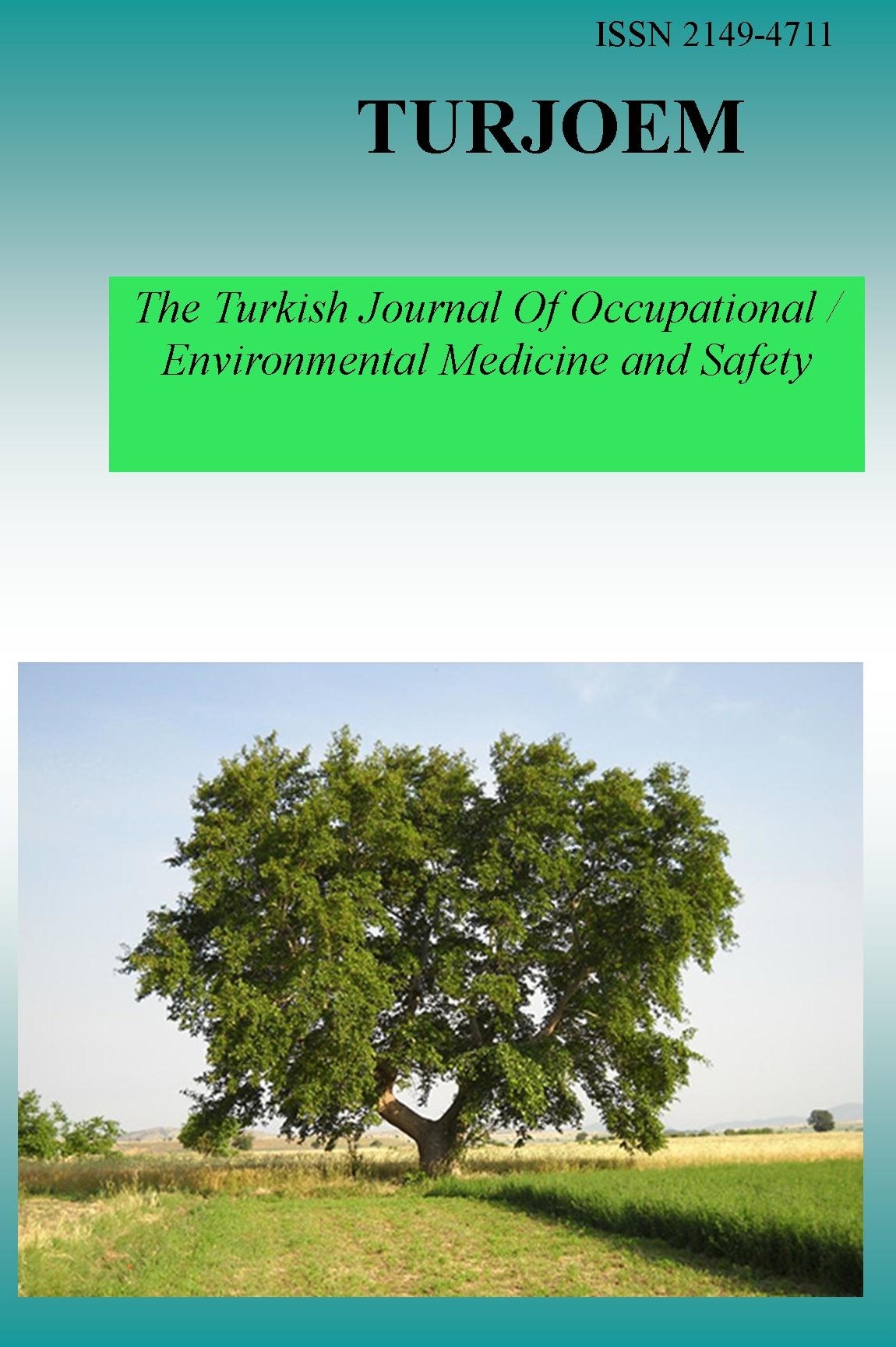THM Formation and Removal with Disinfection in Drinking Water
THM Formation and Removal with Disinfection in Drinking Water
Chlorine, which is widely used in the disinfection process of waters, forms
trihalomethanes from disinfection by-products by entering into a reaction with
natural organic substances in water resources. Control
of trihalomethane (THM) formations is possible by the removal of substances
that lead to these formation. In recent years Advance Oxidation Procedures are
the preferred methods of treatment for
removing humic substances from the main THM precursors.The purpose of this
study is; evaluation of the researches about the formation of THMs formed as a
result of disinfection process in drinking water, health effects, differences
between the practices applied in Turkey and the world and control methods and
their advantages and disadvantages. A
limited number of scientific studies on the subject in our country, have been
widely preferred due to the low cost of it is still widely preferred and the
negative effects on the health of the formed byproducts constitute the most
important reasons for the study. Key words:
Disinfection by Product, THM Precursors, Ozone, Hydrogen
peroxide, , Advanced Oxidation Process, Humic Substances.
___
- 1. WHO, 2000, World Health Organization, International Programme on Chemical Safety (IPCS), Environmental Health Criteria, 216, disinfectants and Disinfectants By-products United Nations Environment Programme, International Labour Organisation, Geneva. 2. Federal Register, 1998, 63, No.61. 15673-15692, March 31. 3. Nieuwenhuijsen, M.J., Toledo, M.R., Eaton N.F., Fawell J., Elliott, P., 2000, Chorination disinfection by product in water and their association with adverse reproductive outcomes: a review. Occup. Environ. Med. 57 (2), 73-85. 4. Villanueva,C.M., Fernandez, F., Malats N. Grimalt, J.O.,Kogevinas, M., 2003, Meta-analysis of studies on individual consumption of chlorinated drinking water and bladder cancer.J.Epidemiol. Community Health 57 (3), 166-173.
- ISSN: 2149-4711
- Başlangıç: 2015
- Yayıncı: Engin TUTKUN
Sayıdaki Diğer Makaleler
Furkan ÖZOĞLU, Emine İremnur TOPBAŞ, Cevriye Ceyda KOLAYLI, Atakan ŞENGÖR, Amine Zümra HACIKÖLEOĞLU, Murat TOPBAŞ
THE EFFECTS OF CLIMATE CHANGE ON HUMAN HEALTH
THE EFFECT OF THE AMOUNT AND QUALITY OF POTABLE WATER ON DAIRY CATTLE
Vildan Doğan Koçbeker, Yılmaz Bahtiyarca
Investigation of diclofenac removal from drinking water by coagulation method
Fatma Elcin ERKURT, Mesut BASİBUYUK
THM Formation and Removal with Disinfection in Drinking Water
Özkan KÜÇÜK, Burak ÖZTÜRK, Samed VARHAN
ADMINISTRATIVE AND APPLIABLE SOLUTION PROPOSALS IN DRINKING WATER SUPPLY
SOME GENOTOXICOLOGICAL AND ECOTOXICOLOGICAL STUDIES ON AMPHIBIANS
